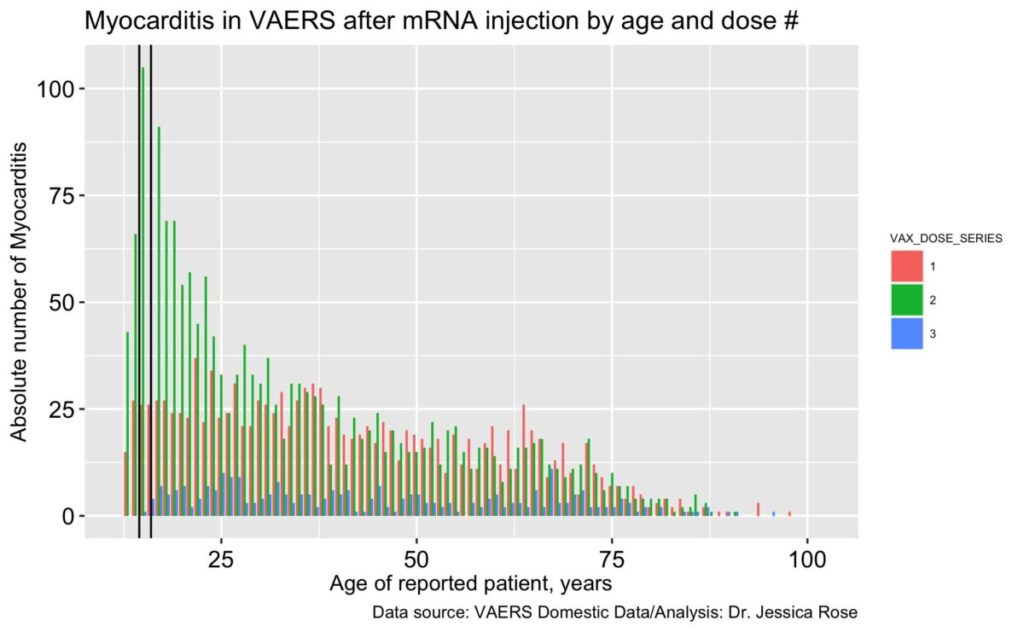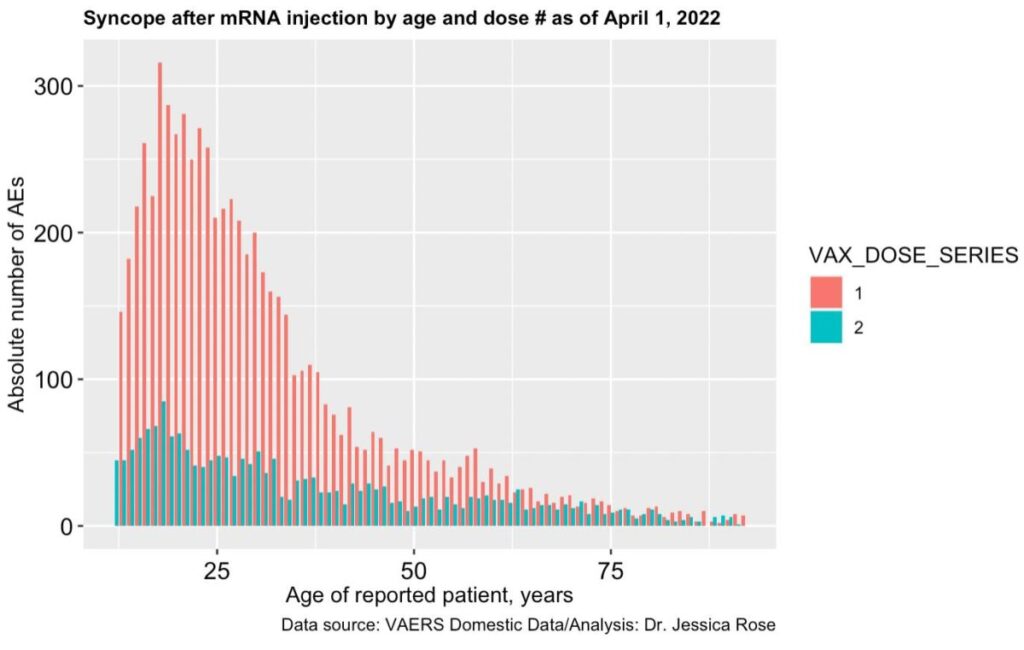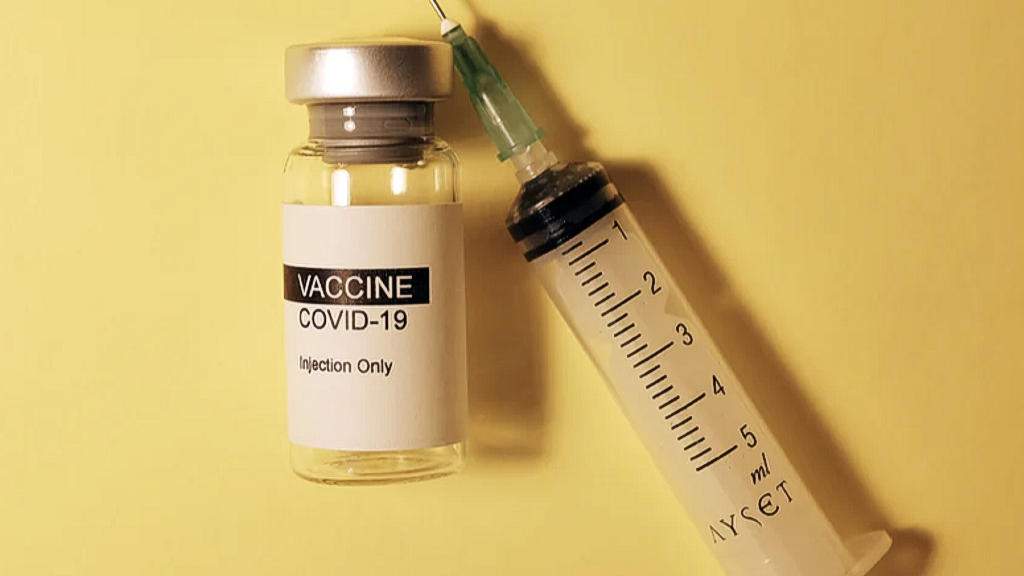Various health problems reported by people after receiving one of the COVID-19 vaccine shots are more likely caused by the vaccines than being merely coincidental, according to an analysis of data from the Vaccine Adverse Event Reporting System (VAERS).
VAERS has been flooded with more than a million reports of various health problems and more than 21,000 death reports since the introduction of the vaccines in late 2020. Some experts and public officials have downplayed the significance of the reports, noting that just because a health problem occurs after getting the shot, it doesn’t mean it was caused by it.
A deeper analysis of the data, however, indicates that many of the adverse effects are more than just a coincidence, according to Jessica Rose, a computational biologist who’s been studying the data for at least nine months.
“The safety signals being thrown off in VAERS now are off the charts across the board,” she told The Epoch Times.
There are multiple ways to parse the data in order to flush out whether the causal link between an adverse event and the vaccination is real or illusory. For example, the vaccines usually come in two doses. A random adverse event unrelated to the vaccine should be dose agnostic. A stroke randomly coinciding with a vaccination shouldn’t be picky about which dose it was. In the VAERS data, however, a number of the reported problems are dose-dependent. Myocarditis in teenagers, for example, is reported several times more often after the second dose than after the first one. Following a booster shot, in contrast, the frequency is significantly lower than after the first dose, Rose found.

Other researchers and health authorities have already acknowledged that the shots are associated with an elevated risk of myocarditis, especially in teenage boys, though they usually also say the risk is low.
Yet dose-dependency shows up in the VAERS data for other problems too, including fainting and dizziness, which are more common after the first dose.

By Petr Svab








